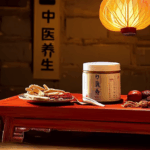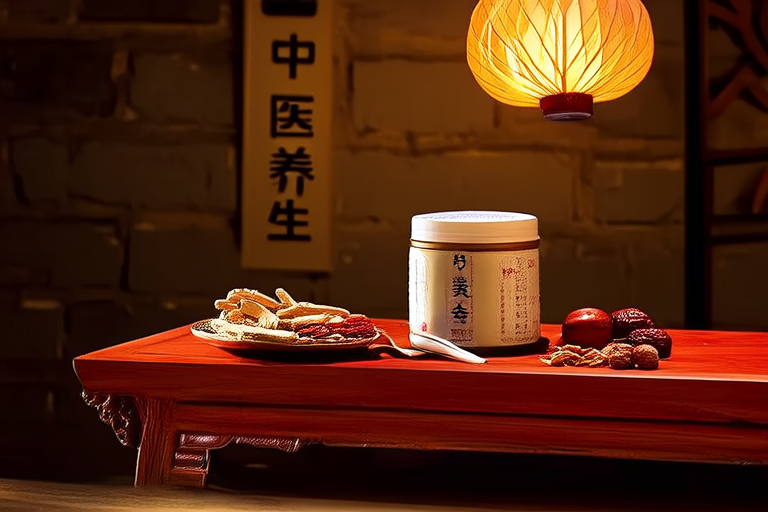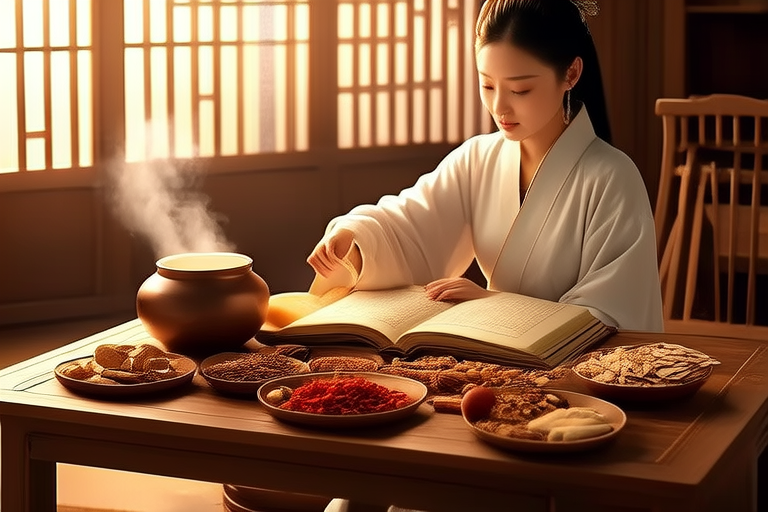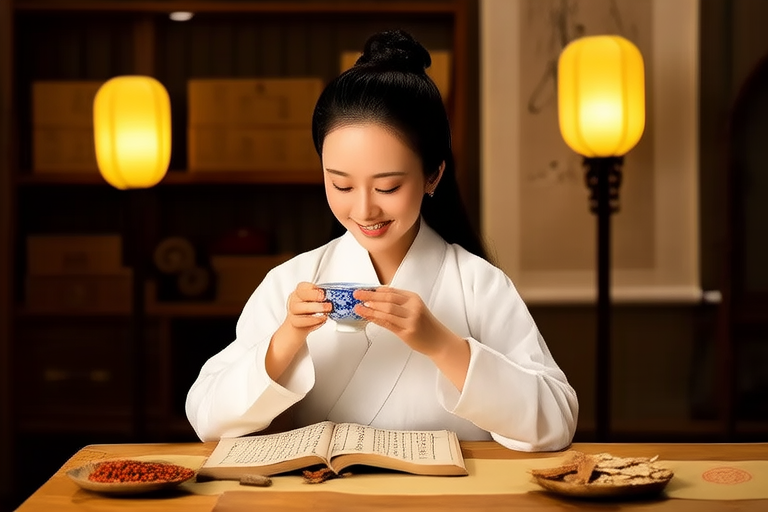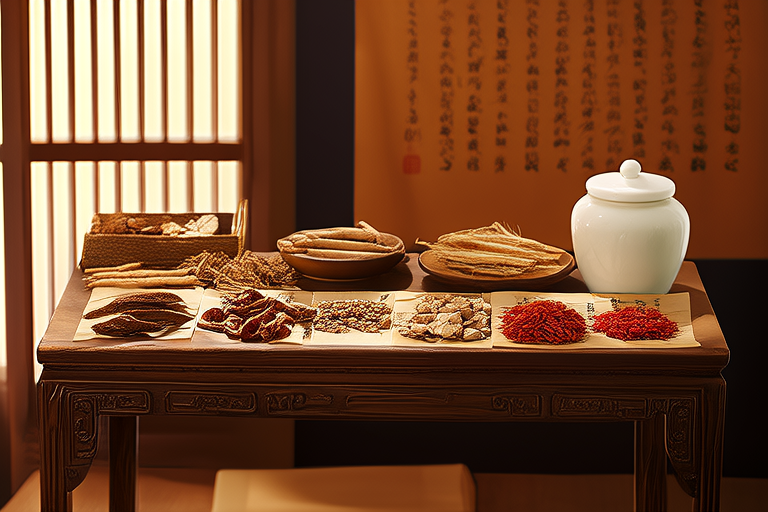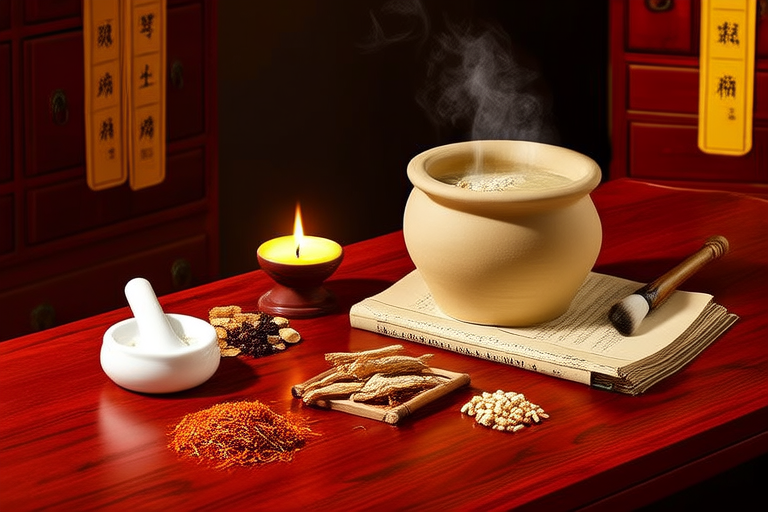Exploring the Principles and Practices of Traditional Chinese Medicine for Health Preservation
Traditional Chinese medicine (TCM) has been used for thousands of years to maintain health and prevent disease. It emphasizes the balance between the body, mind, and environment. This article will discuss the basic theories of TCM, methods of health preservation, seasonal health preservation principles, and the application of TCM in promoting physical and mental health. We will also provide specific suggestions to help readers improve their quality of life.
The Basic Theories of Traditional Chinese Medicine
According to TCM, health is maintained when Yin and Yang are balanced. Yin represents coolness, moisture, and passivity, while Yang represents heat, dryness, and activity. When Yin and Yang are in harmony, the body functions properly. Qi, blood, and body fluids are essential components that support the body’s functions. Qi flows through meridians, which are pathways in the body. If Qi is blocked or deficient, it can lead to illness. Therefore, TCM aims to restore balance by regulating Qi, blood, and body fluids.
Methods of Health Preservation
Dietary Regulation
Diet plays a crucial role in maintaining health. TCM recommends eating according to the seasons and choosing foods that nourish the body. For example, during winter, one should eat warming foods like ginger and lamb, while in summer, cooling foods like watermelon and cucumber are recommended. Foods should be chosen based on their properties and effects on the body. For instance, red beans and lotus seeds can strengthen the heart, while goji berries and black sesame seeds can nourish the liver.
Movement for Health
Regular exercise is essential for maintaining good health. TCM suggests Tai Chi, Qigong, and other gentle exercises that promote Qi flow and improve circulation. These practices focus on slow, deliberate movements and deep breathing. They can enhance flexibility, strength, and balance. Walking, yoga, and swimming are also beneficial. Exercise should be done regularly but not excessively. Overexertion can deplete Qi and lead to fatigue.
Emotional Regulation
Emotions have a significant impact on health. TCM believes that each emotion corresponds to a different organ. For example, anger affects the liver, worry affects the spleen, and sadness affects the lungs. Emotions can cause imbalances in Qi, leading to illness. Therefore, emotional regulation is crucial for maintaining health. Techniques such as meditation, deep breathing, and mindfulness can help manage emotions and reduce stress.
Seasonal Health Preservation Principles
The TCM theory of the five elements – wood, fire, earth, metal, and water – is closely related to the seasons. Each season corresponds to an element and an organ. In spring, which corresponds to wood and the liver, one should focus on nourishing the liver and promoting growth. Summer, associated with fire and the heart, is the time to protect the heart and conserve energy. Autumn, linked to metal and the lungs, requires nourishing the lungs and clearing heat. Winter, connected to water and the kidneys, is the season to nourish the kidneys and conserve energy.
The Application of Traditional Chinese Medicine in Promoting Physical and Mental Health
TCM offers various methods to promote physical and mental health. Acupuncture, herbal medicine, cupping, and moxibustion are commonly used treatments. Acupuncture involves inserting fine needles into specific points on the body to stimulate Qi flow. Herbal medicine uses natural ingredients to treat illness and promote health. Cupping and moxibustion are traditional therapies that involve applying heat to the body to relieve pain and promote healing.
The Unique Value of Traditional Chinese Medicine
TCM provides a holistic approach to health that considers the body, mind, and environment. It emphasizes prevention and treatment of the root cause of illness rather than just addressing symptoms. TCM also encourages individuals to take responsibility for their health and make lifestyle changes. It promotes a healthy diet, regular exercise, and emotional regulation. By integrating TCM into modern life, individuals can improve their quality of life and prevent illness.
Suggestions for Improving Quality of Life
To improve your quality of life, consider the following suggestions:
- Eat a balanced diet rich in fruits, vegetables, whole grains, and lean proteins.
- Engage in regular exercise, such as walking, yoga, or Tai Chi.
- Practice relaxation techniques, such as deep breathing or meditation, to manage stress.
- Get enough sleep and establish a consistent sleep routine.
- Stay connected with family and friends and engage in social activities.
- Seek professional help if you experience persistent symptoms or emotional distress.
By incorporating these suggestions into your daily routine, you can improve your overall well-being and prevent illness.
In conclusion, TCM offers a comprehensive approach to health preservation that emphasizes balance and harmony. By understanding the basic theories of TCM and implementing health preservation methods, individuals can improve their quality of life and prevent illness. TCM provides valuable insights into maintaining health and can be integrated into modern life to promote physical and mental well-being.
